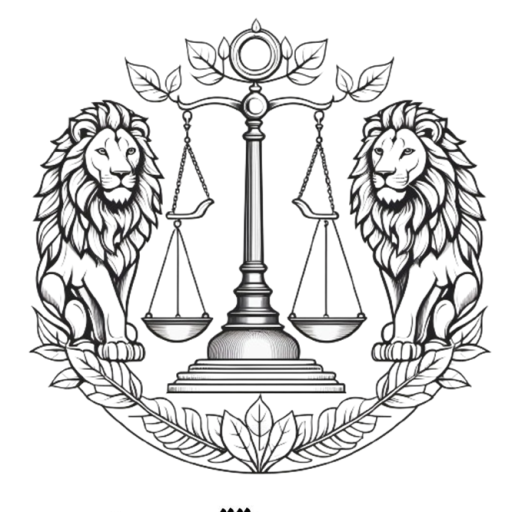Amirali R. Davoudpour
Iranian Canon of Medicine and Law, Administrative Wing of Law and Healing association, Iranian Watchdog of Medicine and Law, Tehran-Iran
Email of the corresponding author: davoudpour@canmedlaw.org
Accepted and published July, 2024
This article is published under CC BY creative common license that Allows others to distribute, remix, adapt, and build upon the work, even commercially, as long as they credit the original creator.
Abstract:
We have already studies the “Mahan Project” initiated during the late Pahlavi era, aimed to undermine Islamic social beliefs and diminish the potential for the Islamic Revolution by targeting religious leaders. This article explores the project’s origins, its methodologies of discrediting Islamic clergy through fabrications and entrapment, and its broader implications on social trust and national identity. It argues that such projects are part of a larger strategy of social engineering, aimed at weakening societal bonds and promoting a culture of distrust and moral decay. By examining various interdisciplinary perspectives from psychology, sociology, and political science, this article sheds light on the multifaceted impacts of such strategies on social health and cohesion.
Keywords: Haman Project, Islamic clergy, social discrediting, social trust, national identity, social health, Mossad, SAVAK, Islamic Republic of Iran.
